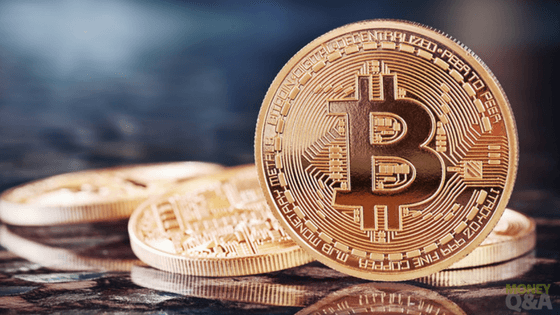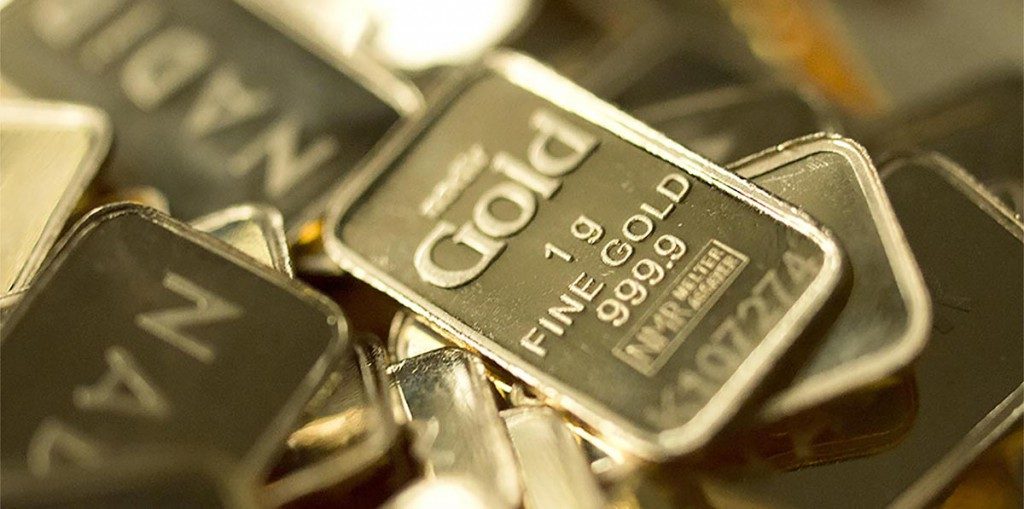
To counteract the notorious volatility of the crypto market, a digital currency backed by precious metals was created. Along with silver and platinum is the metal that has been sought-after by many for centuries: gold. Gold-backed cryptocurrency is a type of stablecoin where each token pegged to the value of physical gold.
With the token price connected to the current price of gold, there is comparatively less price volatility than Bitcoin or other altcoins. Its ever-growing status as being a reliable investment has led to the creation of diverse tokens and various trading platforms, such as Goldexchange.com.
While gold-backed cryptocurrencies have always been an interesting topic of discussion in the crypto space, there was a resurgence in their popularity last year. Specifically, when the COVID-19 outbreak was gaining traction. At that time, the prices of gold-backed cryptocurrency tokens were rising because sourcing gold during the downturn induced by the coronavirus was – and still is – gradually becoming more difficult.
With this revival of sorts, many people’s curiosities have been piqued. Back then, and even now, they are showing interest in investing in gold-backed cryptocurrency. The only problem is that they are unsure which ones are the best to focus their attention on. Having plenty of options is as daunting as it is exciting.

Perth Mint Gold Token (PMGT)
PMGT is one of the best – if not the best – gold-backed cryptocurrency tokens available on the market. It is backed by real gold blocks from the Western Australian government’s Perth Mint. The key reason for this cryptocurrency is valid is that the Australian government ensures both the purity and the weight of the gold. With the GoldPass app, the Perth Mint produces digital gold certificates as proof.
These certificates can act as backing for PMGT tokens, with a token to certificate ratio of 1:1. Traders can exchange these tokens on a wide variety of platforms. As an alternative method to conventional gold assets (ex. banked gold transfers and gold ETFs), PMGT is as competitive as it is cost-effective.
With its operations being helmed by InfiniGold, the gold backing of each PMGT can be validated against the balance of Perth Mint-published GoldPass accounts. In other words, there are no extensive waiting times for monthly audits so that holders can see that the tokens are fully backed.
GoldCoin (GLC)
GoldCoin is another high-ranking gold-backed cryptocurrency. This digital currency is fractional, meaning that a single coin is worth a fraction of one gram of gold. Because of this, the barrier to entry for the crypto is quite low. This diverges from other coins, along with gold itself, where the buy-in will often be expensive.
GoldCoin resides on the Ethereum blockchain and has been operating for years. The reason it is highly regarded as one of the safer choices can be tied to the stable platform, as well as the ease of entry. Users can incrementally invest in it due to it being trustworthy without immediately breaking the bank. At the time of this writing, GoldCoin’s market cap is over $4 million.
Tether Gold (XAUT)
Tether, the largest USD-backed stablecoin distributer, recently released XAUT, a gold-backed cryptocurrency token. Each XAUT token is receives backing from one troy fine ounce of gold on a gold bar courtesy of London Good Delivery. XAUT tokens exist on blockchains like Ethereum and TRON, and users are able to keep track of transactions on block explorers such as Etherscan.
Tether’s gold reserves reside in a Swiss vault. Using Tether’s website, token holders can research the serial number of their appointed gold bars. Tether also permits investors to take physical delivery of the gold or redeem it to obtain cash.
DigixGlobal (DGX)
Provided by Singapore-based DigixGlobal, each DGX gold-backed cryptocurrency token represents one gram of gold that is held in Canadian and Singaporean vaults. The Bullion Association is responsible for certifying the vaults. DGX tokens make gold bars redeemable, divisible, and transferable via the process of buying and selling the tokenized digital representations. DigixGlobal founders developed this digitization process out of a desire to normalize gold access.
Unlike the aforementioned GoldPass, DigixGlobal charges a 1% fee for traders to exchange their tokens for gold. The platform sustains the demurrage fee; in other words, the costs of gold storage. With a market cap of slightly less than $5 million, the trade of these tokens is rather thin.
